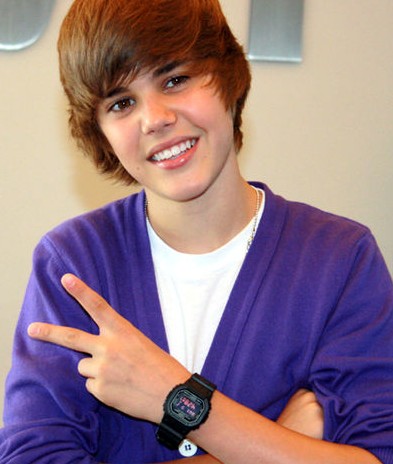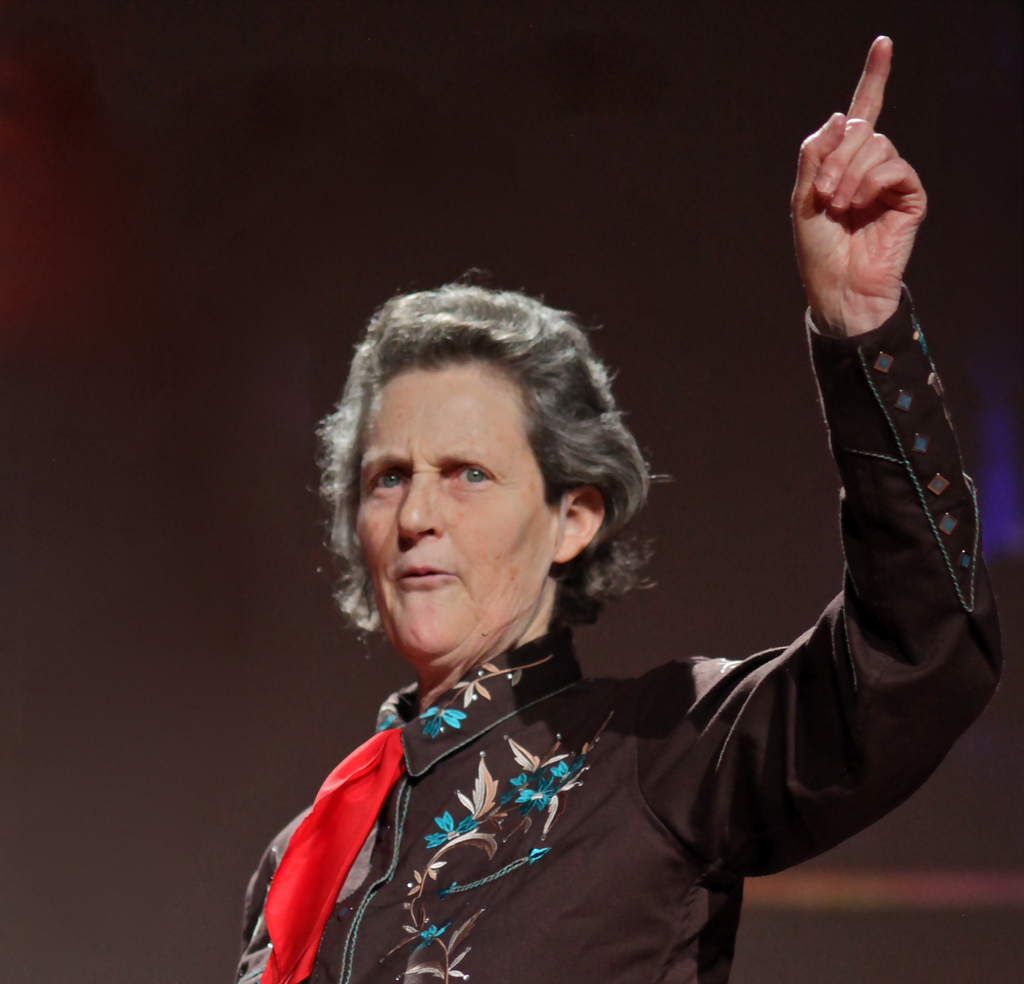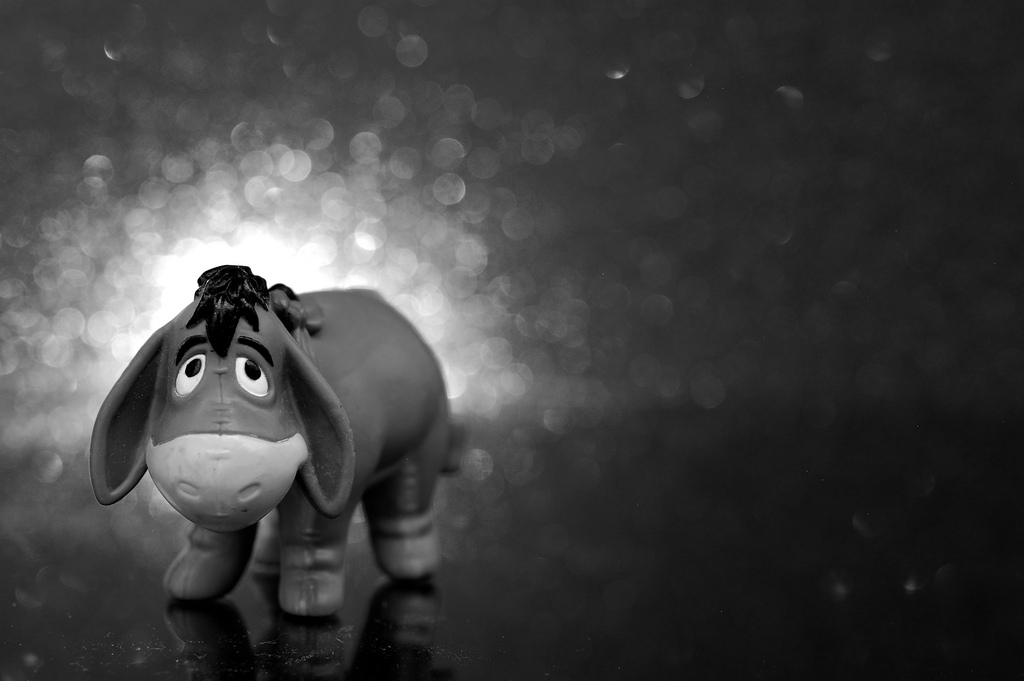
How much time would you need to count to a million at the “One Mississippi” rate of one number per second?
At some point in my writing life I figured I should contemplate that question if I were ever to appreciate the kinds of numbers that astronomy uses. Knowing that our galaxy contains more than 100 billion stars, and that the universe is swarming with more than 100 billion galaxies, doesn’t mean much if you don’t know the meaning of a billion. Our brains didn’t need to evolve so that we could understand such numbers. Like cultures that count “One, two, three, more,” we tend to regard the scale of the universe—to the extent we regard it at all—as “Earth, planets, Sun, far.”
“Mississippi,” of course, is an arbitrary choice of noun. The key word has to contain four syllables in order that saying it would take approximately one second. But the key word in appreciating the profundity of the cosmos doesn’t have to be Mississippi. It’s not as if the river or state holds some intrinsic relationship to the mysteries of the universe. If anything, the word “Mississippi” is the opposite; its primordial soup of s’s, p’s, and i’s is playful, not portentous. What this exercise needs is a four-syllable noun that captures the fearsome potential of nature. Something that inspires curiosity and dread in equal parts. Something like…I don’t know…”Justin Bieber.”
So: How much time would you need to get to a million, counting at the “One Justin Bieber” rate of one number per second? Continue reading →
 Ann: Richard, this subject is a departure for you. What is the subject, anyway?
Ann: Richard, this subject is a departure for you. What is the subject, anyway? 




